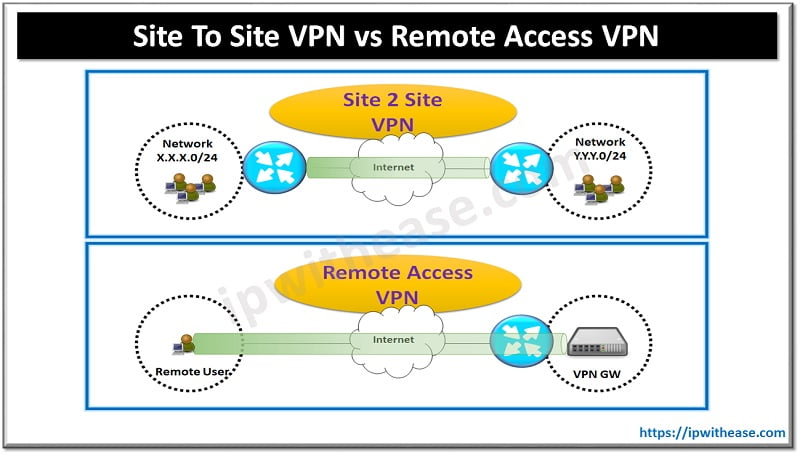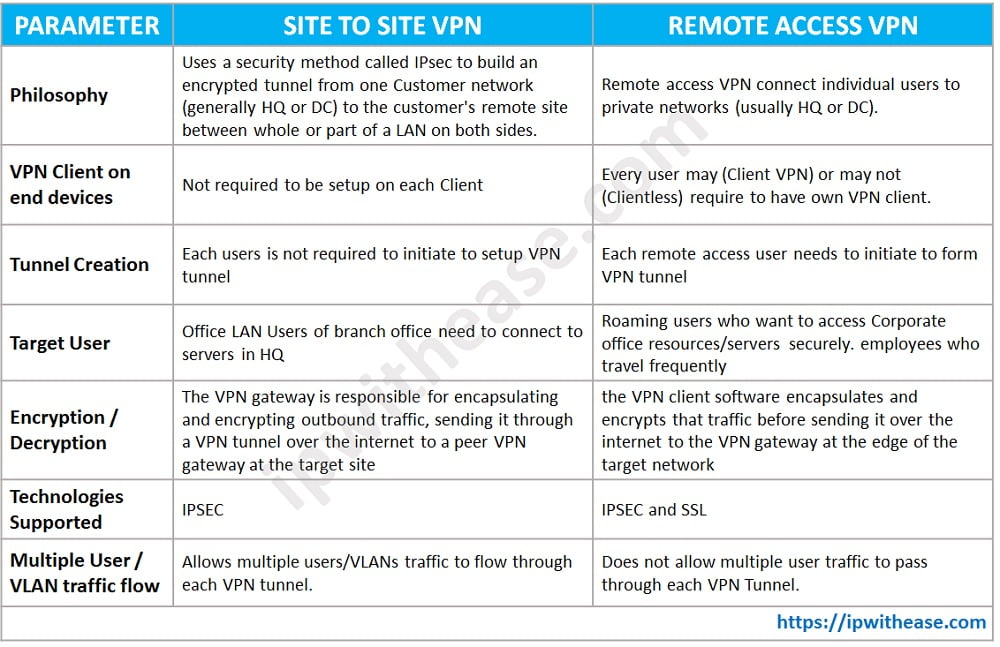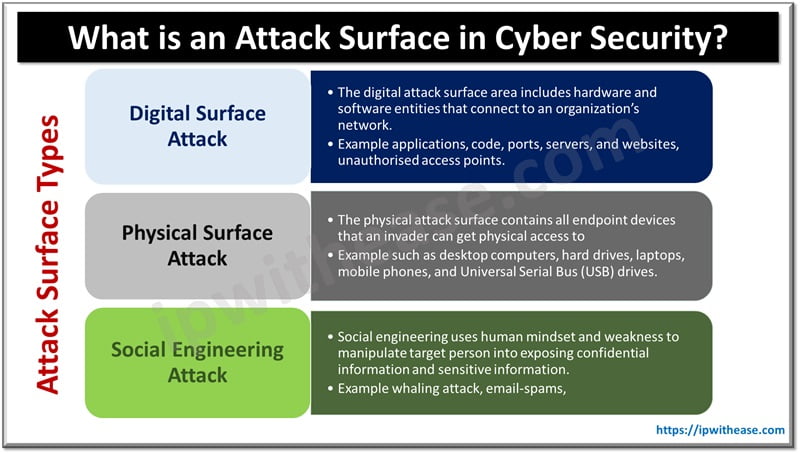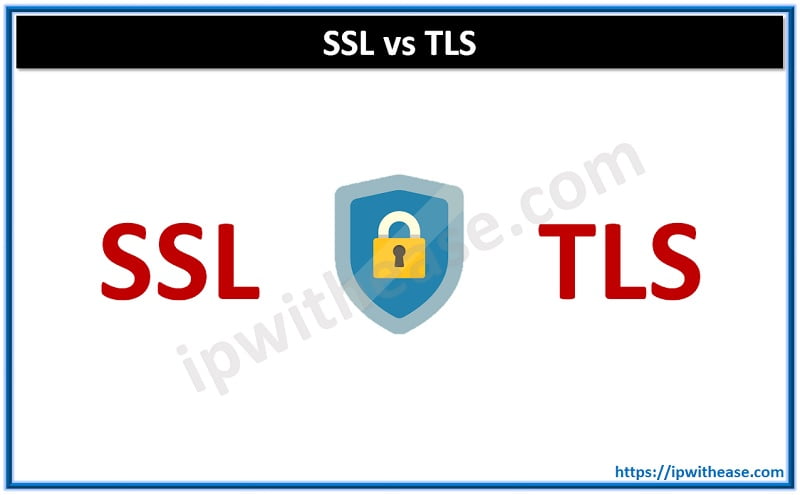A Virtual Private Network (VPN) is a service that establishes a secure and encrypted link between your device and the internet. It enables you to browse the internet without revealing your actual IP address and secures your online data by encrypting it. This significantly reduces the chances of anyone intercepting or monitoring your online activities, ensuring anonymity and privacy while surfing the web.
- Enhanced Privacy: A VPN hides your IP address and encrypts your internet traffic, providing an additional layer of privacy and security. It prevents ISPs, government agencies, and hackers from monitoring your online activities.
- Bypassing Geo-restrictions: VPNs allow you to bypass geo-restrictions and access region-locked content. By connecting to a server in a different country, you can access websites, streaming services, and other online content that may not be available in your location.
- Secure Public Wi-Fi: When using public Wi-Fi networks, your data is often vulnerable to hackers. A VPN encrypts your connection, ensuring that your sensitive information, such as passwords and credit card details, remains secure even on unsecured networks.
VPN Technologies has been around for quite some time now. Broadly, this VPN Technology can be divided into 2 key types.

Types of VPN Technology –
1) Site to Site VPN
2) Remote Access VPN
While Site to Site VPN uses a security method called IPsec to build an encrypted tunnel from one Customer network (generally HQ or DC) to the customer’s remote site between whole or part of a LAN on both sides, Remote access VPN connect individual users to Private Networks (usually HQ or DC).
Site to Site VPN has the benefit that each client machine does not require to perform encryption/decryption or install VPN Client software on it.
On the other hand, the Remote Access VPN user machine needs to perform encryption/decryption and may or may not be required to be set up VPN Client software.
Related – Top 100 VPN Interview Questions
Site to Site VPN vs Remote Access VPN –
Below table can help you understand the difference between site to site VPN and remote access VPN.
Download the difference table: site -to-site vpn vs remote access vpn
Continue Reading:
Policy Based VPN vs Route Based VPN
ABOUT THE AUTHOR

You can learn more about her on her linkedin profile – Rashmi Bhardwaj




